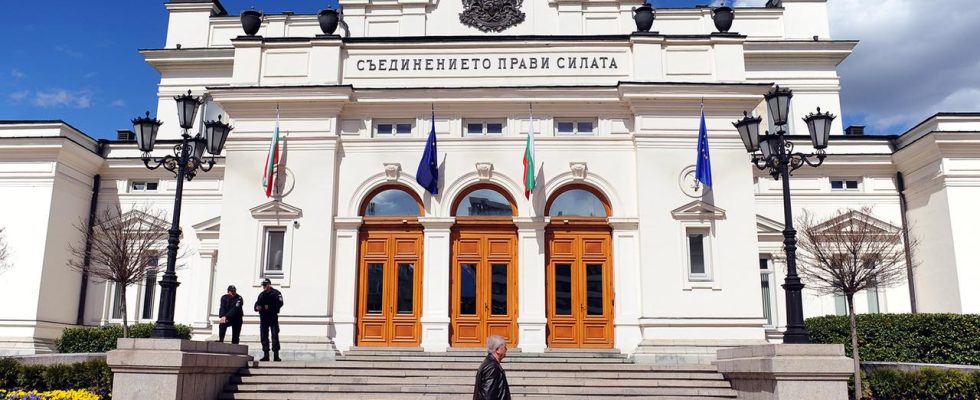Bulgaria is facing new elections again – because today the last attempt to form a government failed. The ongoing political instability is now endangering integration into the Eurozone and the Schengen area.
In Bulgaria, the formation of a government has finally failed. The EU and NATO country is facing its sixth new election within three years.
In the morning, President Rumen Radev gave a party the order to form a government for the third time. However, the populist “There is such a people” immediately rejected the mandate as not being fulfilled.
Their MP Ivaylo Valchev justified this with the desire for new elections: “Over the past nine months, we have always stated that this government is harmful and that we should hold elections,” said Valchev.
Coalition of political opponents
The most recent Bulgarian government only lasted nine months. All that was actually planned was a change in the prime ministership between the governing parties. But that degenerated into a dispute over several ministerial posts.
The party alliances involved are considered political opponents and only governed with each other due to a lack of alternatives. A circumstance that President Radev now commented on: “I sincerely hope that the way this all ends will serve as a lesson to everyone that there is always a price to pay for saying something before and after an election does the opposite.”
President can choose interim head of government
Radev is considered close to Russia. He can now appoint an interim head of government. However, he is not free to choose: Radev has to choose the new prime minister from a list that includes the head of the central bank and the speaker of parliament.
Parliament recently restricted Radev’s power in this matter – a lesson from previous government crises. Radev appointed interim governments that supported his course. The fact that this is no longer possible is considered one of the successes of the previous government.
Whether the candidates for prime minister really want to lead a transitional government is another matter. The co-chairman of the previous ruling party “We are continuing the change,” Kiril Petkov, appealed to everyone involved: “At the moment, the president should concentrate on discussions with potential interim prime ministers.” The candidates should take responsibility because it’s not just about their own wishes.
Instability endangers EU integration
How long the interim government will remain in office is still unclear, as there is no election date yet. A merger with the EU elections on June 9th is considered likely.
To do this, Radev would have to order new elections by April 8th at the latest. The President emphasized that he would try to find a solution in the next few days.
Bulgaria is aiming to join the Eurozone and would like to fully join the Schengen area. The political instability in the country endangers integration.
Silke Hahne, ARD Vienna, tagesschau, March 28, 2024 3:15 p.m

